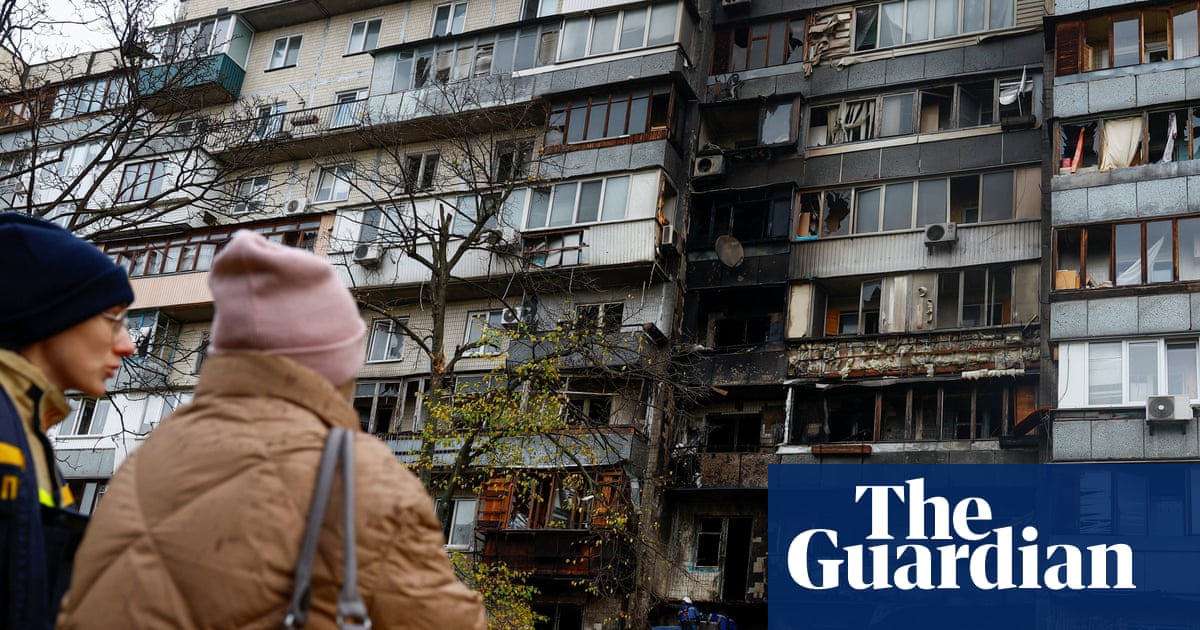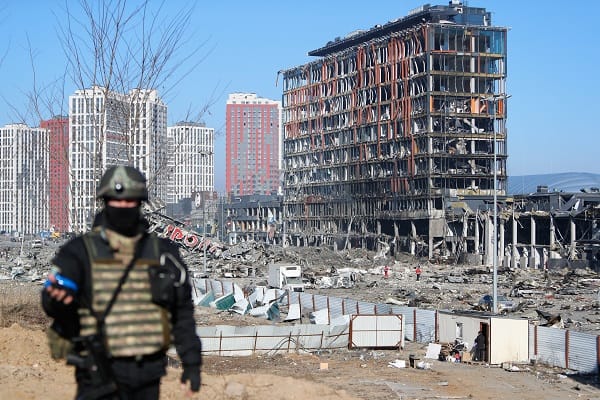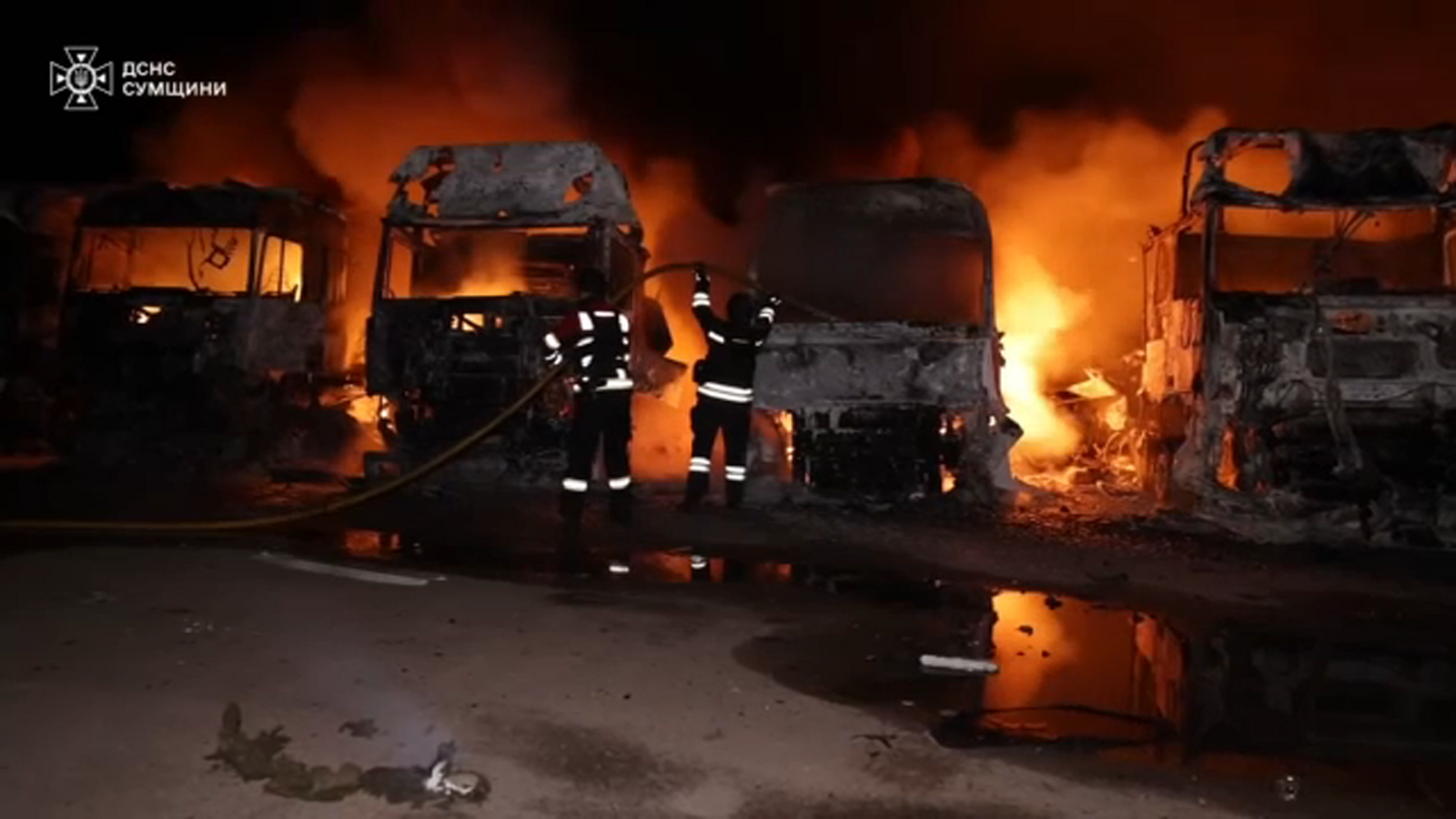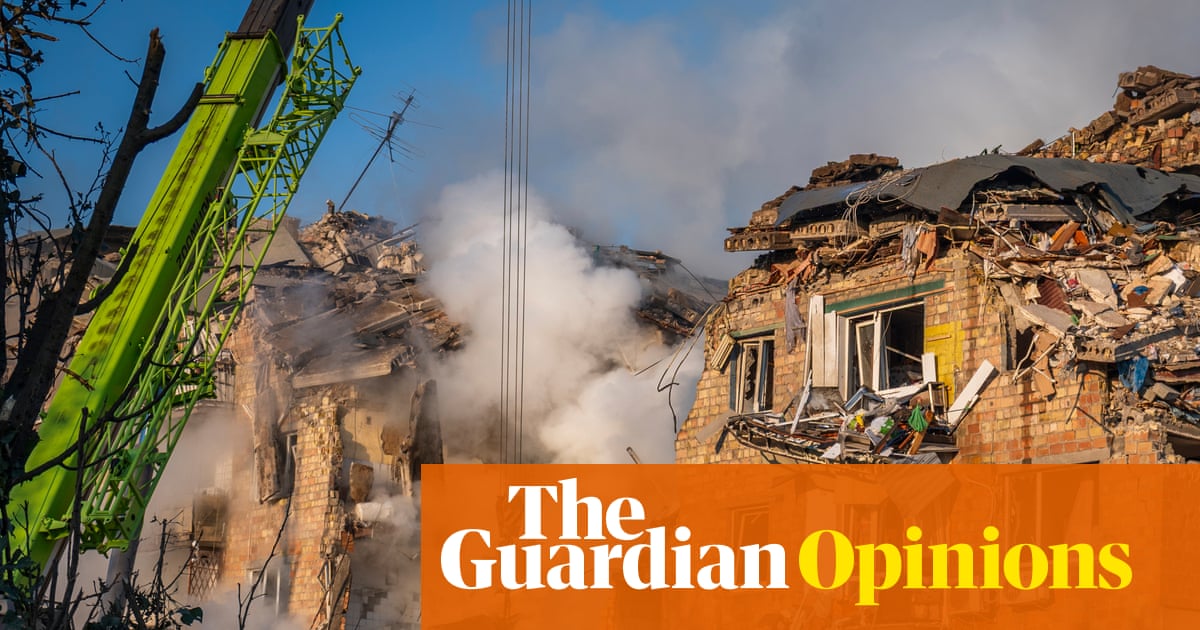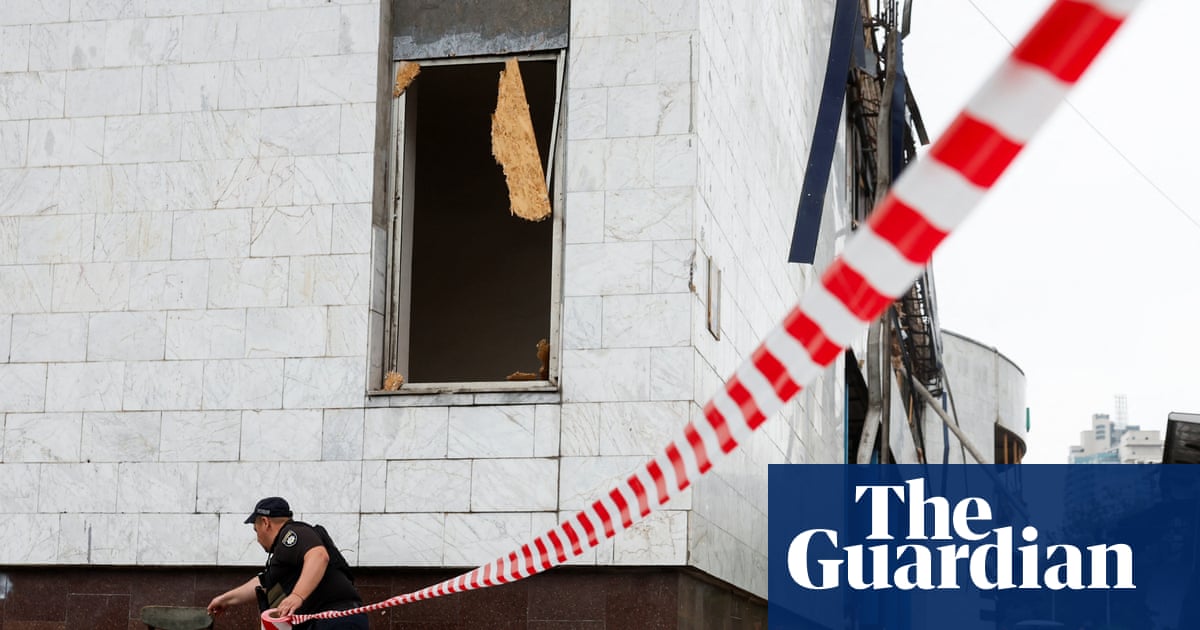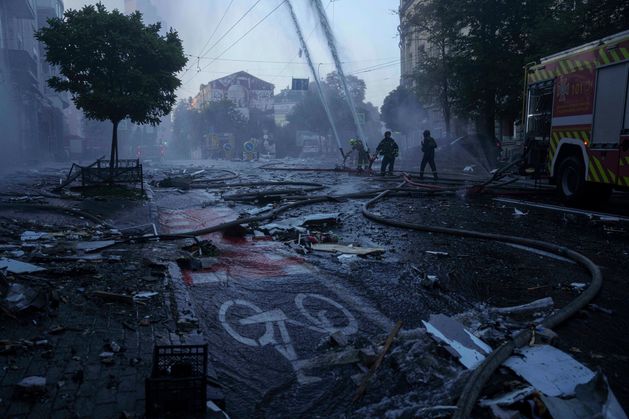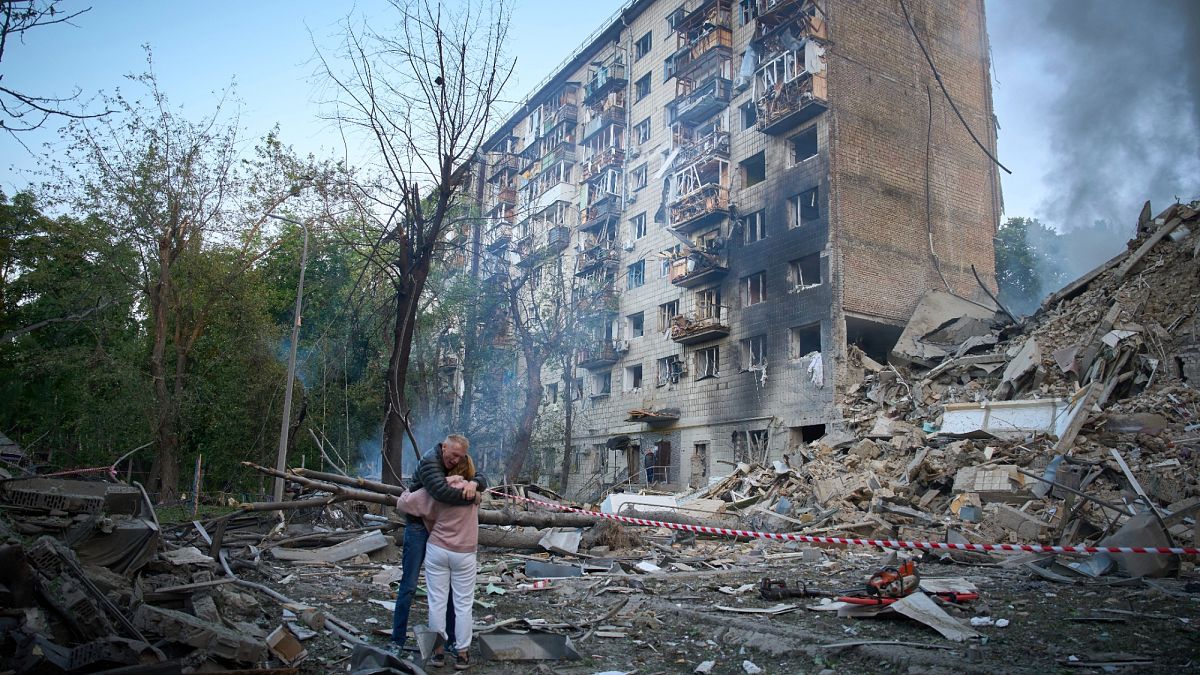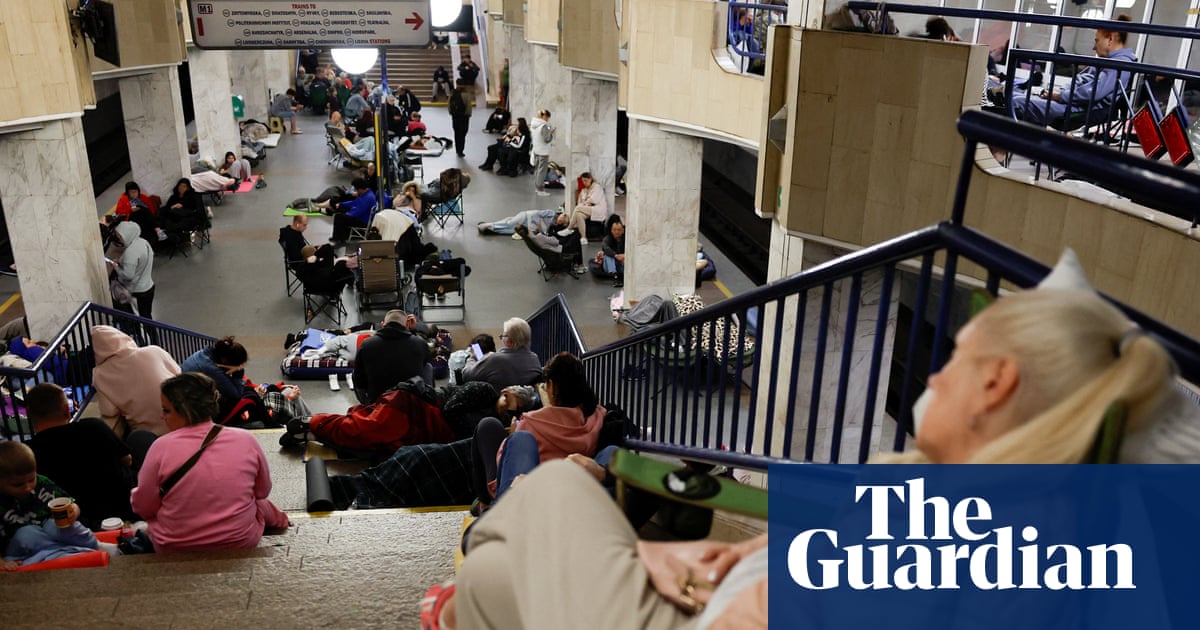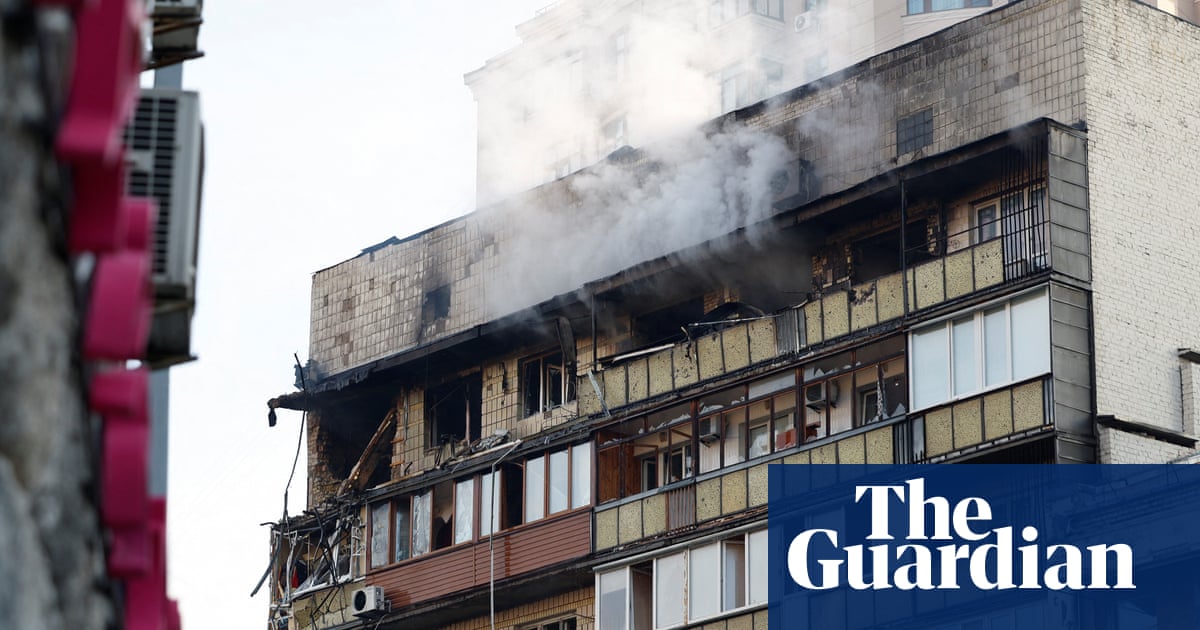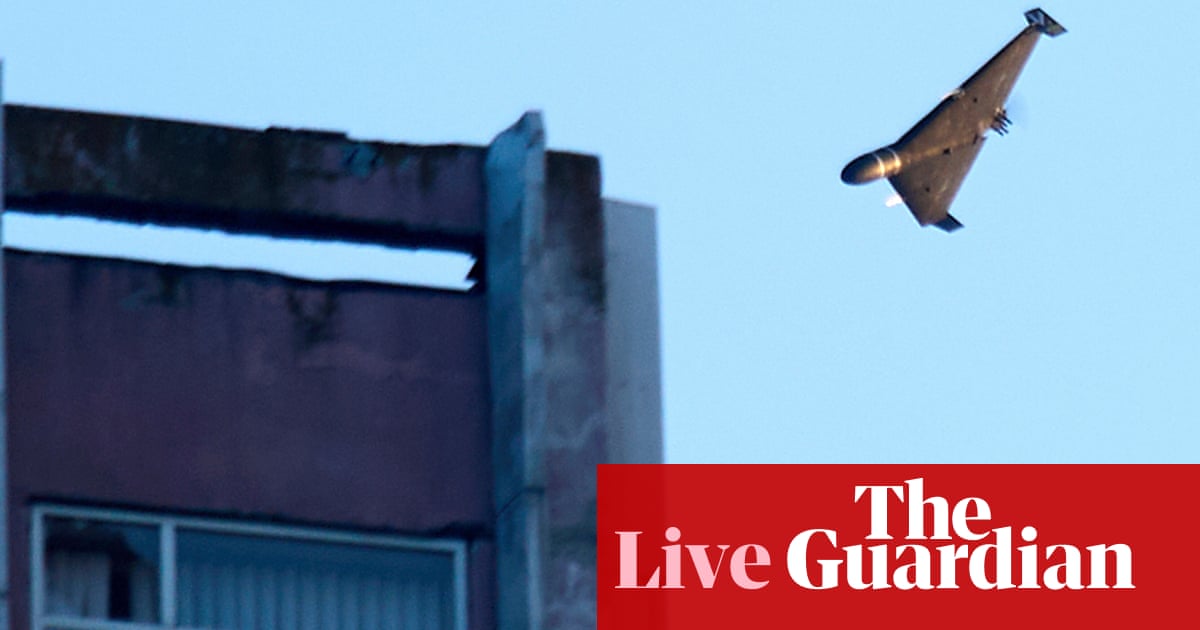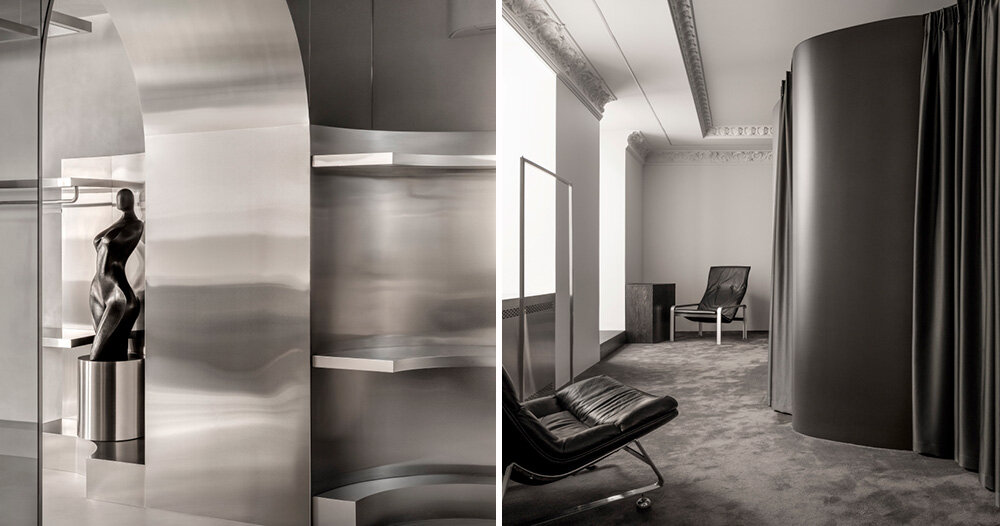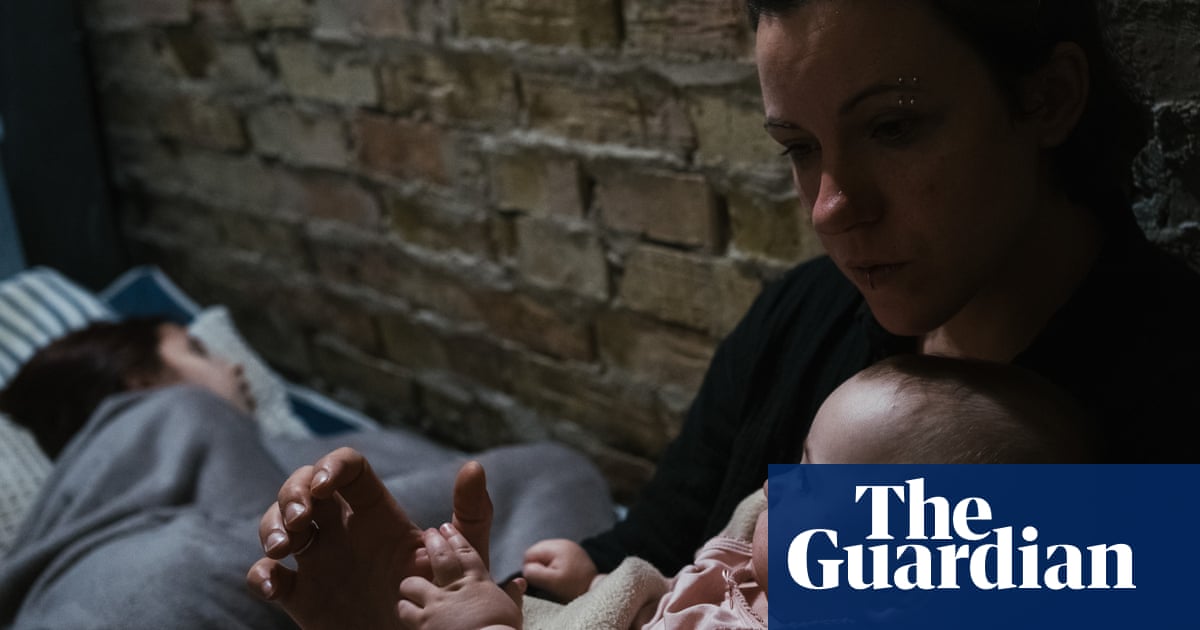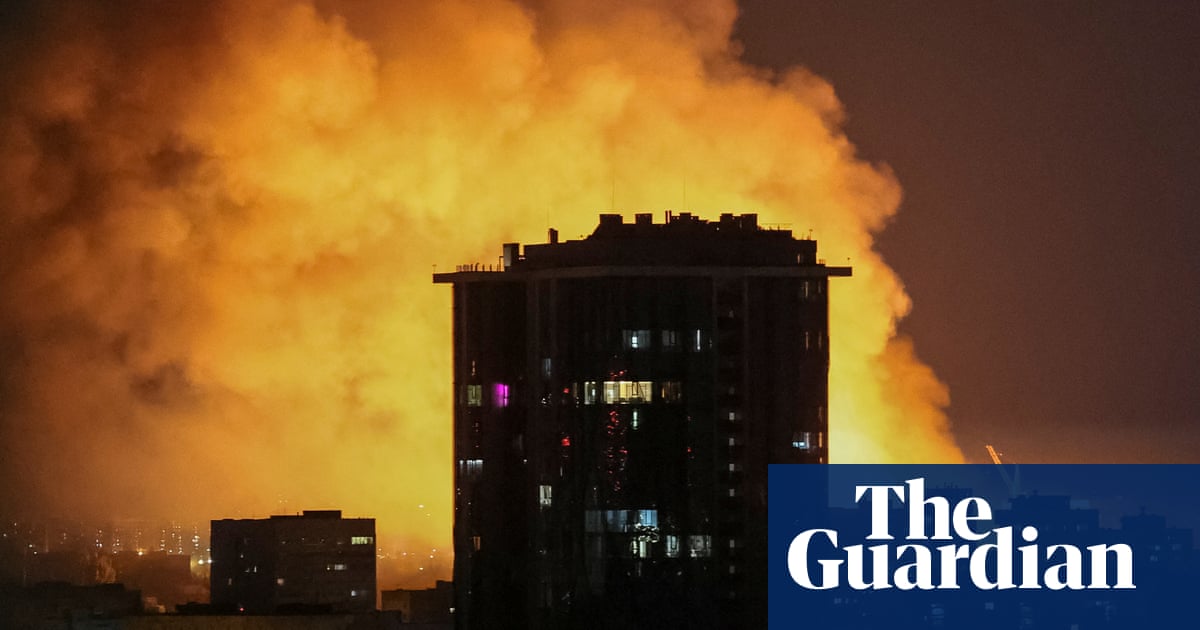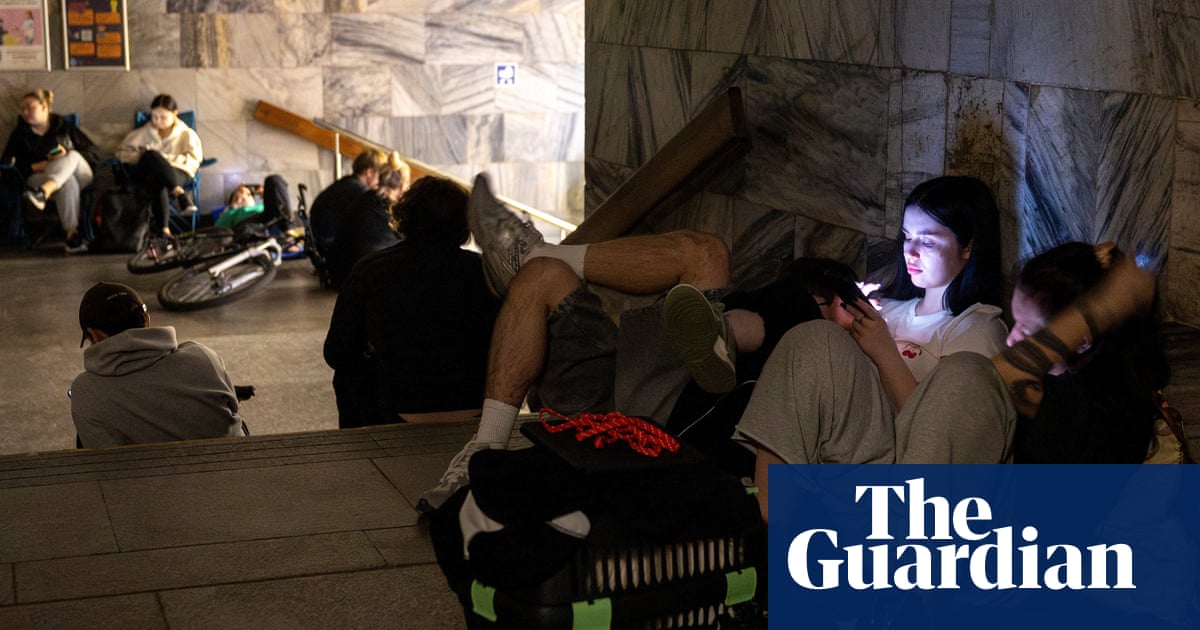fromwww.dw.com
4 days agoBlankets, batteries, fires: How Kyiv is surviving icy winter
Ukraine is currently undergoing a particularly cold spell with temperatures in the capital Kyiv reaching lows of minus 17 degrees Celsius. Because of Russia's ongoing destruction of the country's energy infrastructure, the situation is critical. Authorities have imposed strict timetables for when electricity can be used. About 400 high-rise buildings in the capital have no heating at all. Some do not have access to water.
Miscellaneous





